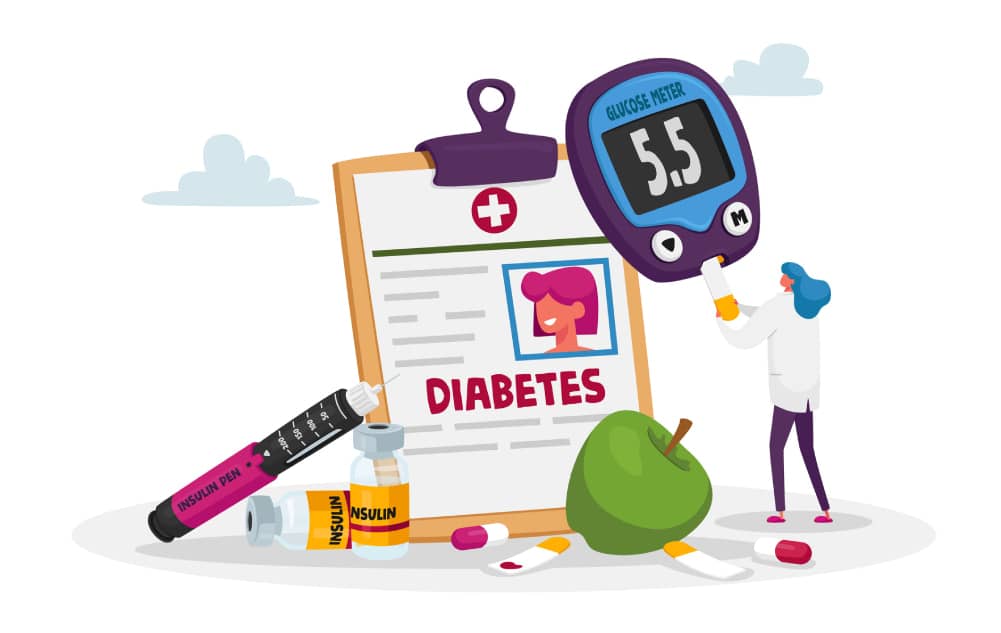What is Diabetes?
Diabetes is a chronic condition that affects how your body regulates blood sugar (glucose) levels. There are primarily two types of diabetes: Type 1 and Type 2. Type 1 diabetes occurs when the body doesn't produce enough insulin, while Type 2 diabetes happens when the body doesn't use insulin effectively.
Causes and Risk Factors
Type 1 diabetes is usually caused by genetic factors or an autoimmune response, while Type 2 diabetes is often linked to lifestyle factors such as poor diet, lack of physical activity, and obesity. Other risk factors include family history, age, and certain ethnic backgrounds.
Healthy Eating Habits
Maintaining a healthy diet is essential for managing diabetes. Focus on consuming balanced meals that include a variety of fruits, vegetables, whole grains, lean proteins, and healthy fats. Limit processed foods, sugary beverages, and excessive amounts of carbohydrates. Portion control and mindful eating can also help regulate blood sugar levels.
Regular Physical Activity
Engaging in regular physical activity can significantly benefit individuals with diabetes. Exercise helps lower blood sugar levels, improves insulin sensitivity, and contributes to overall well-being. Aim for at least 150 minutes of moderate-intensity aerobic exercise per week, such as brisk walking, swimming, or cycling.
Blood Sugar Monitoring
Monitoring blood sugar levels is crucial for understanding how your body responds to food, exercise, and medication. Your healthcare team will guide you on how often to check your blood sugar levels and what the target range should be. Regular monitoring empowers you to make informed decisions and make necessary adjustments to your diabetes management plan.
Medication and Insulin
Depending on the type and severity of diabetes, medication or insulin therapy may be prescribed by your healthcare provider. These treatments help regulate blood sugar levels and should be taken as directed. It's essential to communicate openly with your healthcare team about any concerns or questions regarding your medication or insulin regimen.
Emotional Well-being and Support
Living with diabetes can sometimes be emotionally challenging. Seeking support from family, friends, or support groups can provide a valuable source of encouragement and understanding. Additionally, practicing stress management techniques, engaging in hobbies, and prioritizing self-care can contribute to your overall well-being.



